So many families across the United States are affected by the grief, anger, and confusion over the death of a loved one by overdose. Every day, more than 130 people in the United States die from opioid overdose. According to the National Safety Council, Americans are now more likely to die of drug overdose than to die in a car crash. That’s more than 47,000 people in one year. Additionally, the number of overdoses among women (ages 30-64) has increased by 260 percent in 20 years. Because of these alarming trends, the life expectancy in America has steadily decreased in recent years. All of these statistics make it clear just how vast the need is to help those who are struggling with addiction to opioids and other drugs.
With such a crisis growing in our nation, what can we do? How do we help the people we love? How do we work to prevent future deaths? Let’s review a few simple tips that will help you understand what opioids are, recognize an addict, and discover how you can make a difference.
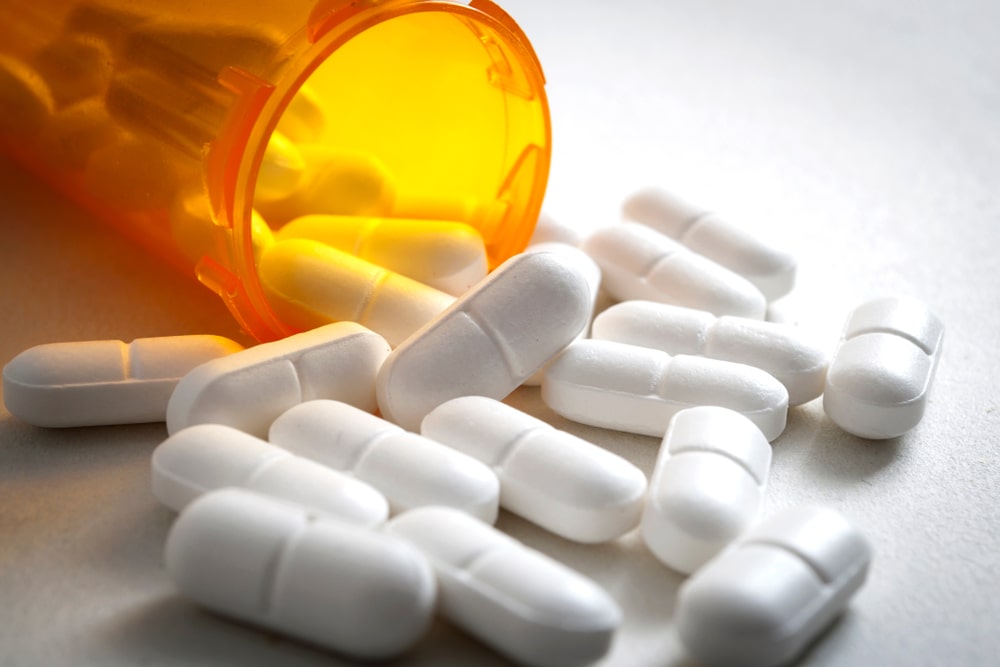
Understand what opioids are
Let’s take a moment to understand what qualifies as an opioid. An opioid is a class of drugs that include illegal heroin, synthetic opioids (fentanyl) and prescription pain relievers (OxyContin, Vicodin, codeine, and morphine, to name a few). Fentanyl is 50 to 100 times more potent than morphine, and its use is on the rise. Opioids depress the body’s central nervous system, slowing down a person’s breathing. If you would like to learn what happens to the body during an overdose, click here. Warning: it may be too difficult for some to read the website’s content, especially those who have lost a loved one to opioid addiction.
Recognize the signs of an addict
As with any illness, there are specific signs and symptoms. The more familiar you are with what to look for, the more likely you are to recognize an addiction before it’s too late.
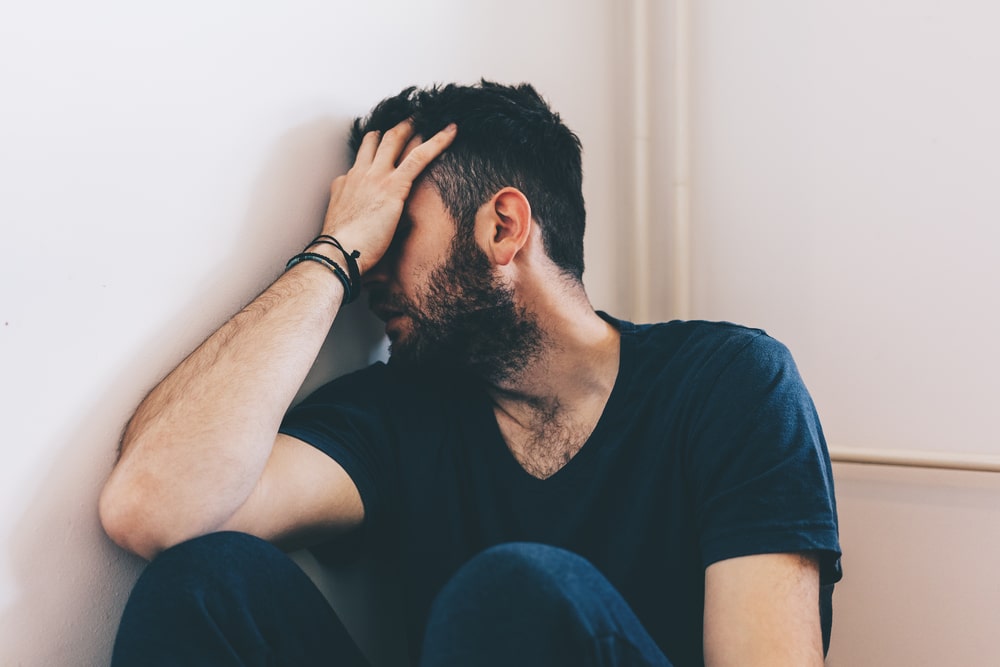
Common Symptoms:
- Neglected responsibilities – a person will stop caring about what used to be important. They will miss events, assignments, work, and will neglect aspects of life.
- Associating with unhealthy people – they will begin to spend time with people who are a negative influence and may take drugs themselves.
- Isolation – they will hide from the people who love them, often ashamed of their problem. They become depressed, anxious, and paranoid.
- Behavioral changes – the person begins to do things that are out of character. They may begin to steal, go to see doctors in hopes of getting a prescription, or have unexplained absences. Also, they may begin to ask for money frequently and be more concerned about getting it.
- Poor judgment – the person may have difficulty concentrating and their problem-solving skills may be affected. Additionally, they may seem detached from their surroundings.
- Physical symptoms – the person will show changes in appearance (weight loss or changes in hygiene), scabs or puncture marks, poor coordination, nausea, and digestive issues, like vomiting.
- Mood changes – the person may exhibit mood swings, depression, paranoia, or have sudden, unprovoked outbursts.
Learn how to help an addict
When considering how to help an addict, it’s first important to realize that you can help, but you cannot fight someone else’s battle. Addiction is a disease of the brain, something that is difficult to overcome but absolutely possible. However, the person struggling with an opioid addiction must want to change and must do the work of transformation themselves.
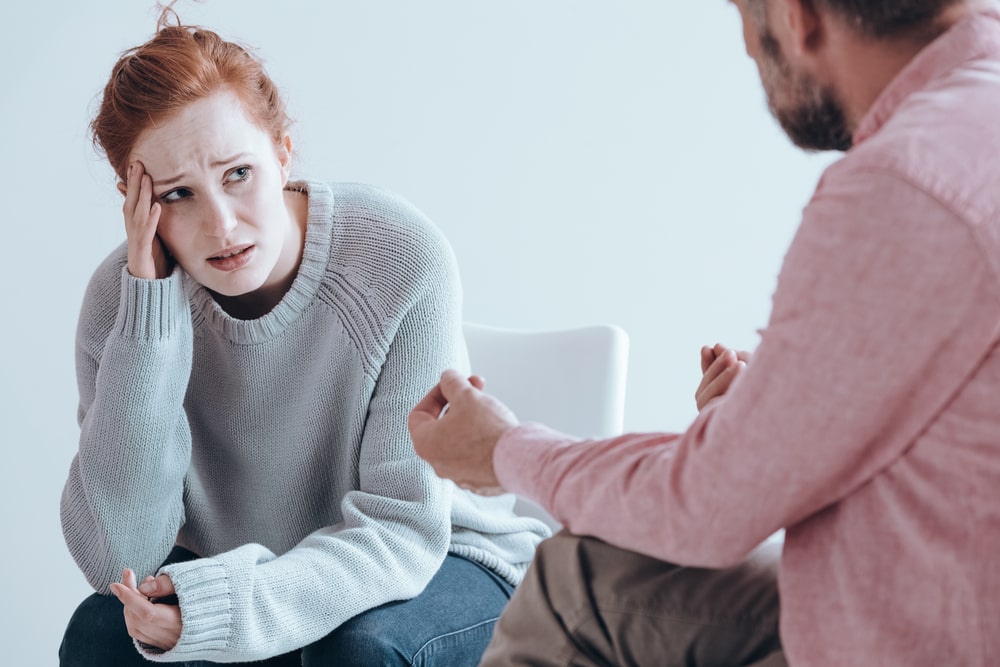
With that in mind, here are a few tips for helping an addict:
- Set boundaries and stand by them.
- Encourage the person to seek out help. They may not be able to search for treatment options on their own, so be ready to help. Also, if the process has caused you stress and pain, consider talking to a therapist yourself. You need support through this time, too.
- Set a healthy example. This may mean giving up some of your own habits.
- Be supportive, but don’t make excuses for them. The addict needs to deal with the consequences of their addiction. Again, this is not a battle you can fight on their behalf.
Practice compassion with those who have lost a loved one to addiction
Any grief is hard. Grieving a person who lost their life to addiction is even more difficult. When we grieve, our emotions are all over the place: anger, anxiety, sadness. But with deaths related to addiction or suicide, there is an added stigma to an already heartbreaking loss.
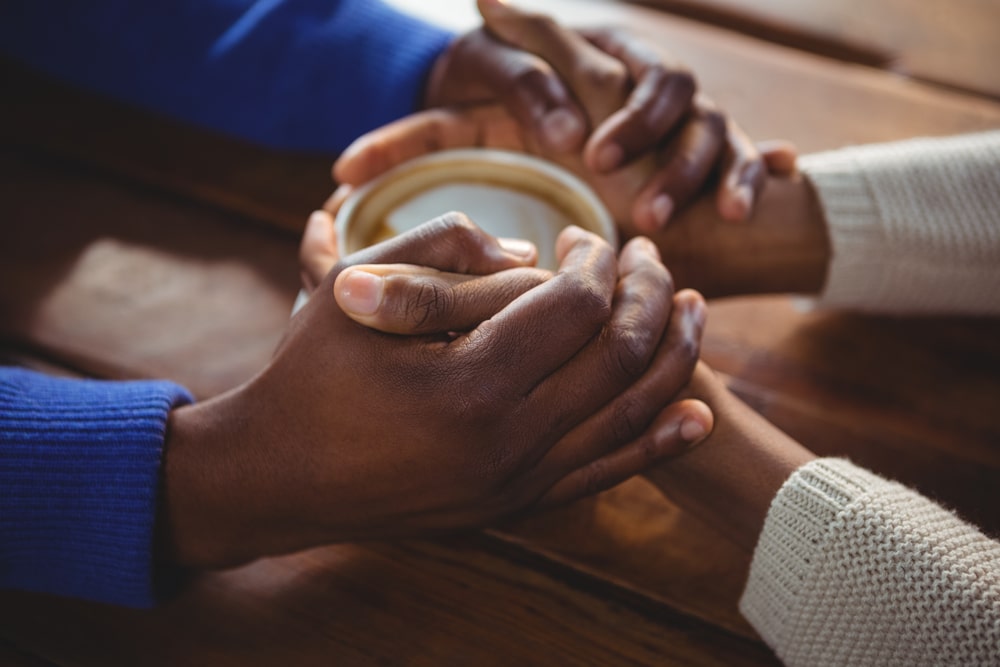
When you interact with someone who has lost a loved one to overdose, remember that they are struggling with more than the usual grief. They may feel guilty about not doing more to help. They may have a lot of unanswered questions. On top of everything else, they must deal with societal stigma surrounding the death. People are often far too quick to judge and too slow to offer compassion and acceptance. Make sure you aren’t one of those people – offer kindness and compassion instead.
Tell others what you’ve learned
So far, opioid deaths continue to rise. We must do what we can to speak with people, young and old, about the dangers of opioids, in all their forms. Most especially, talk to your children about the dangers of opioid abuse so that they can avoid falling into the trap of addiction.
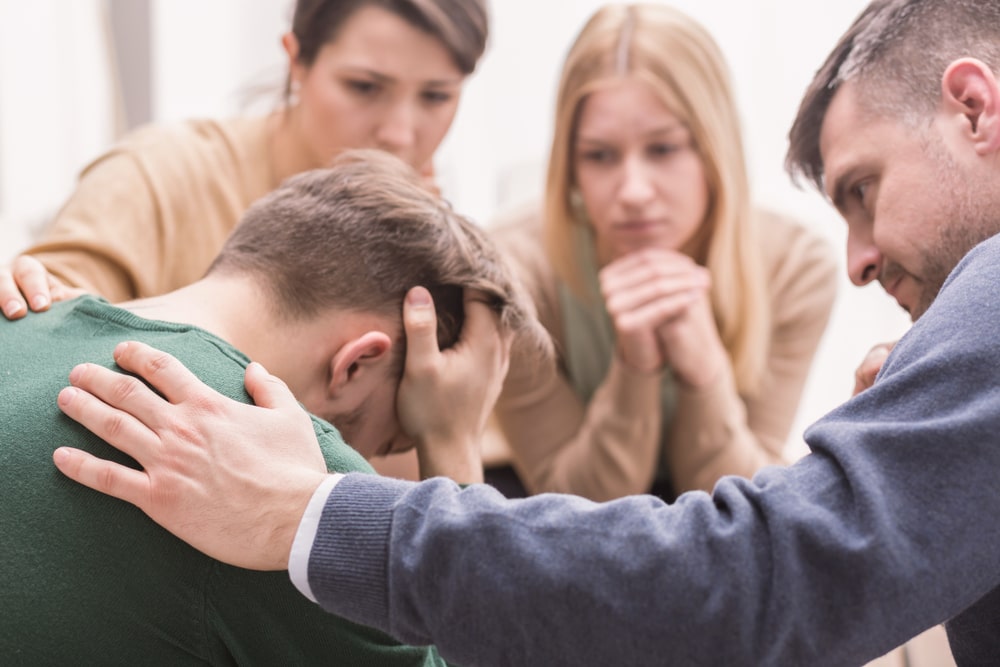
And if you have lost a loved one to overdose, don’t be afraid to talk about what you’ve experienced. Your story, your loved one’s struggle, can make a difference in the lives of others. We all need to understand the very real impact of opioid addiction and actively work together to find a solution.
Lastly, for everyone who is mourning the death of a loved one to overdose, know that you are not alone. We all mourn. We mourn because we love. Take the time you need to mourn and grieve for the special, unique person you have lost.




